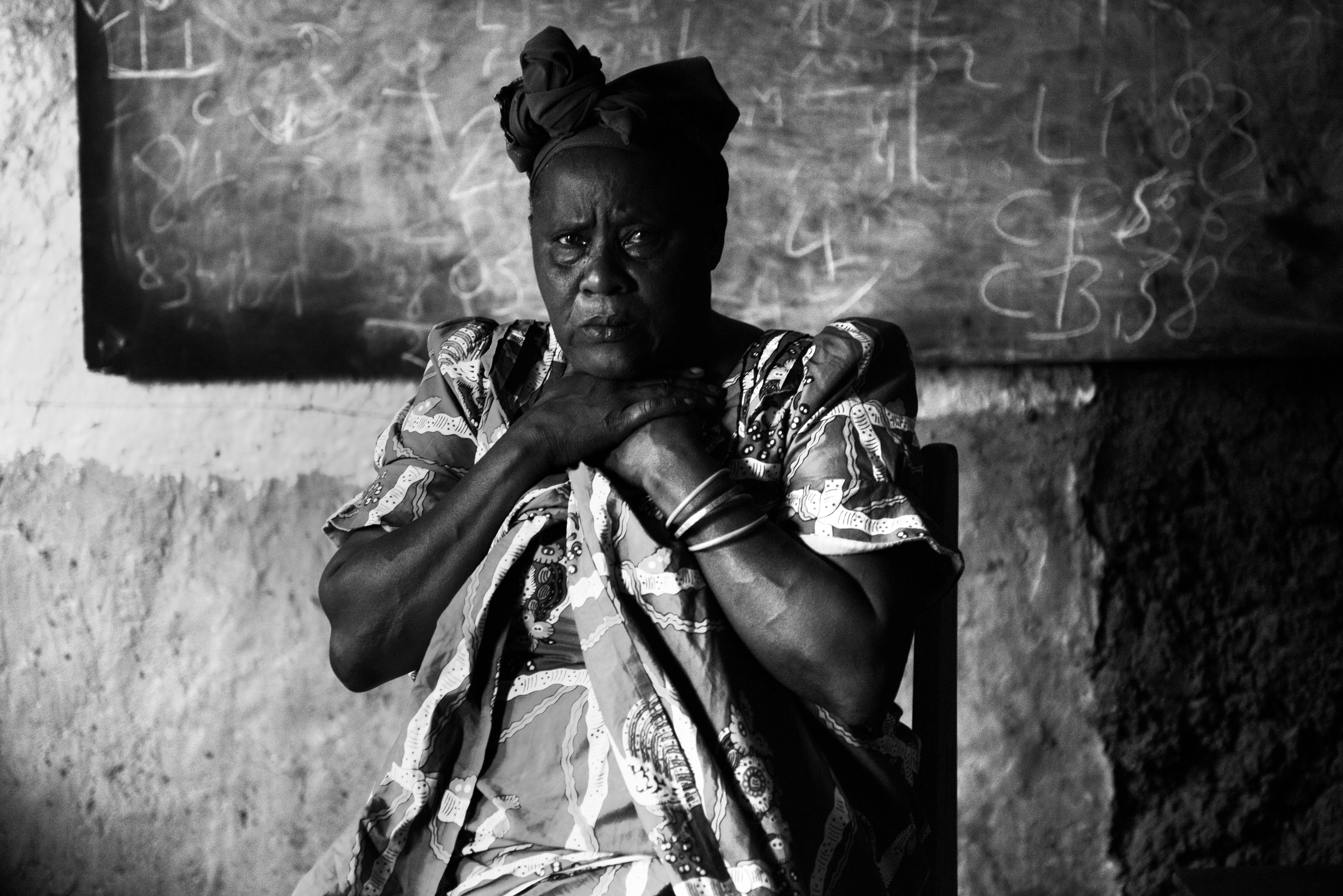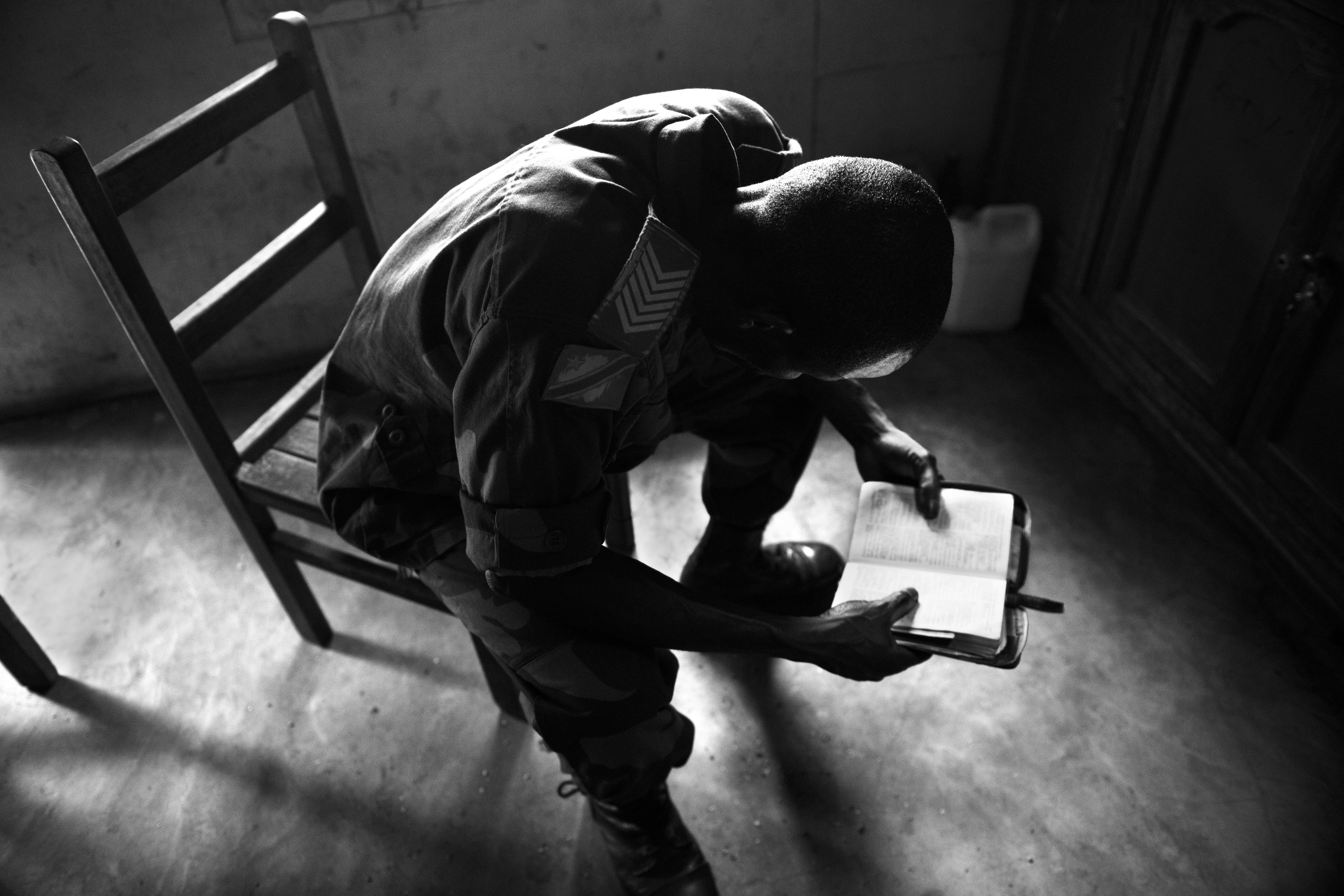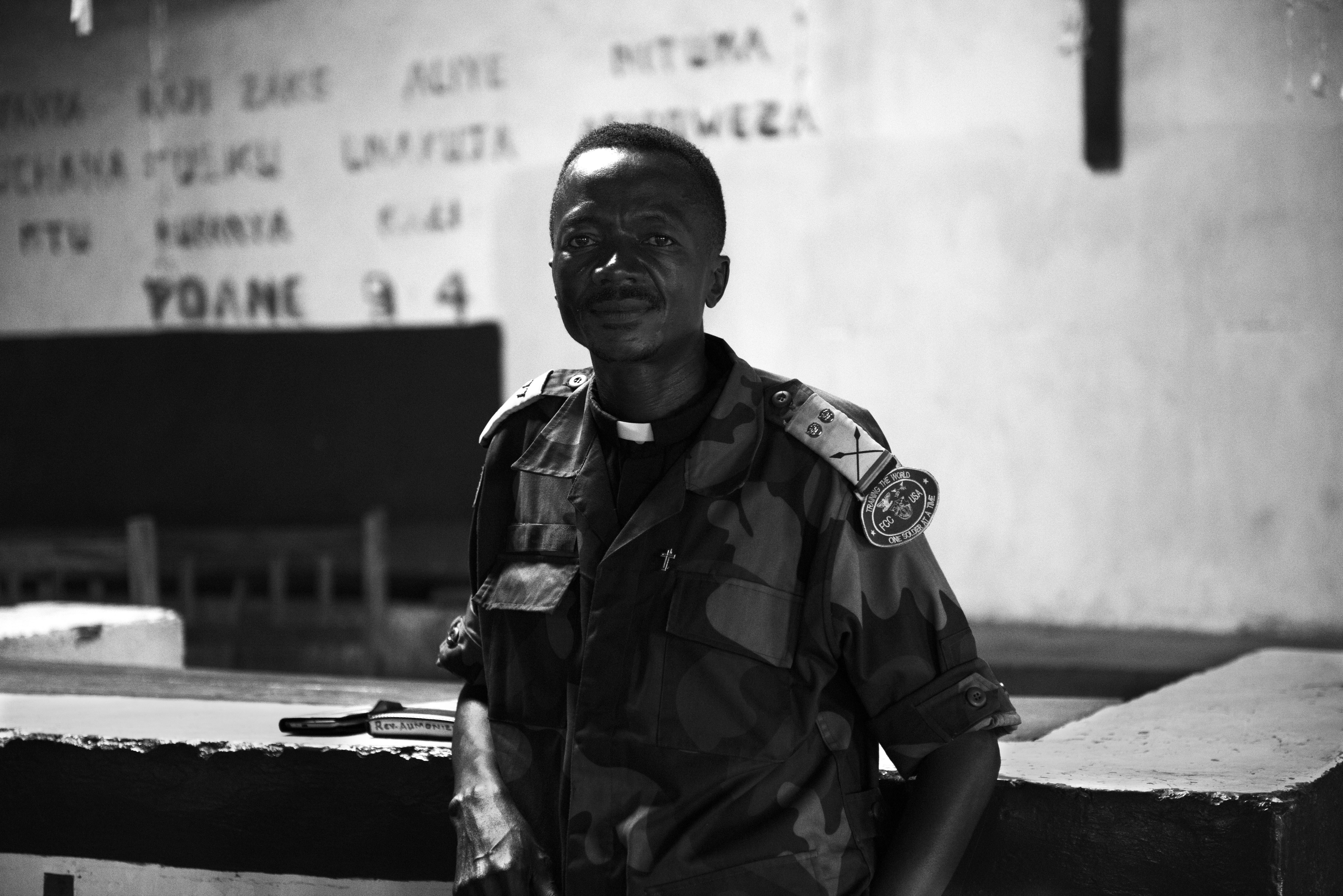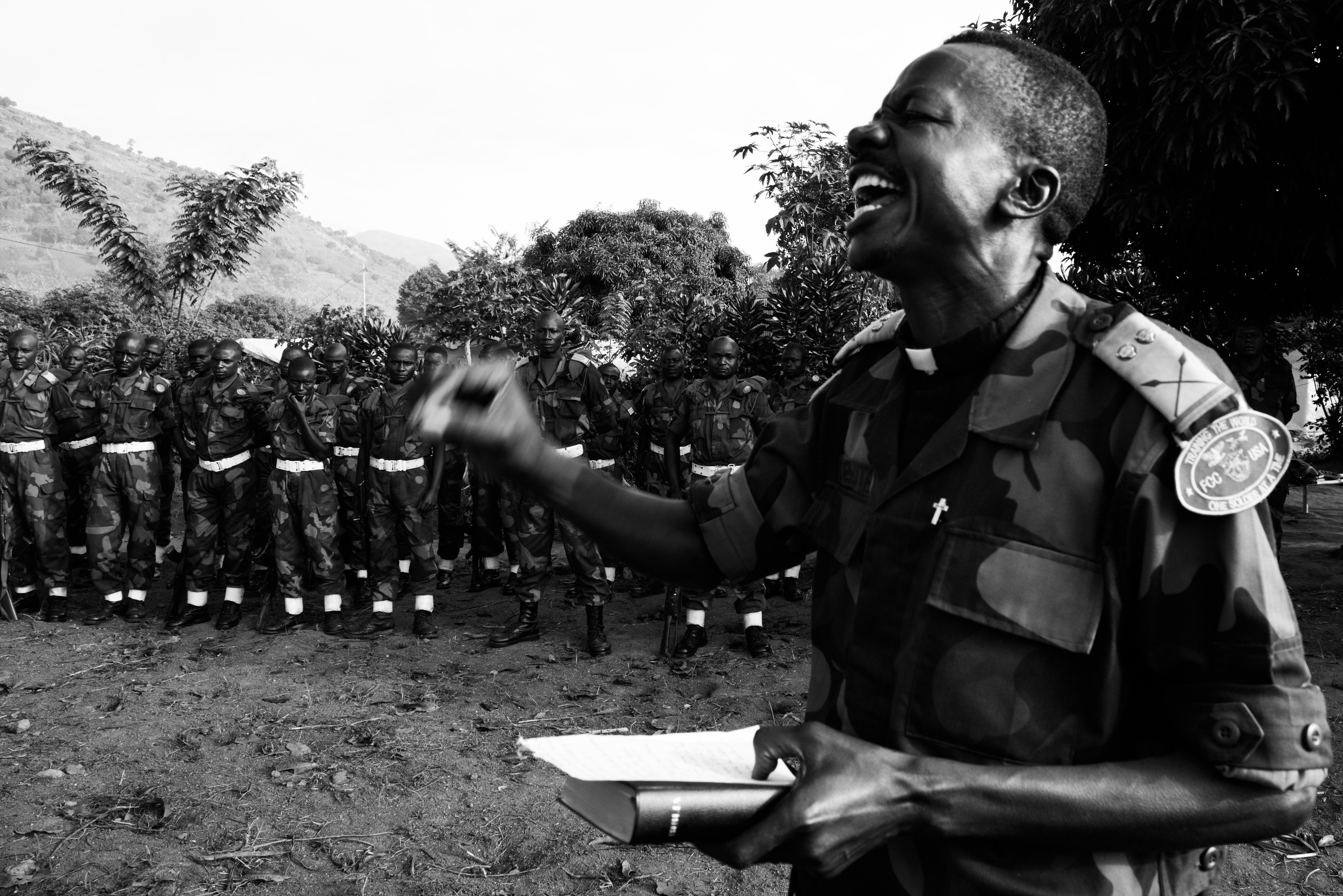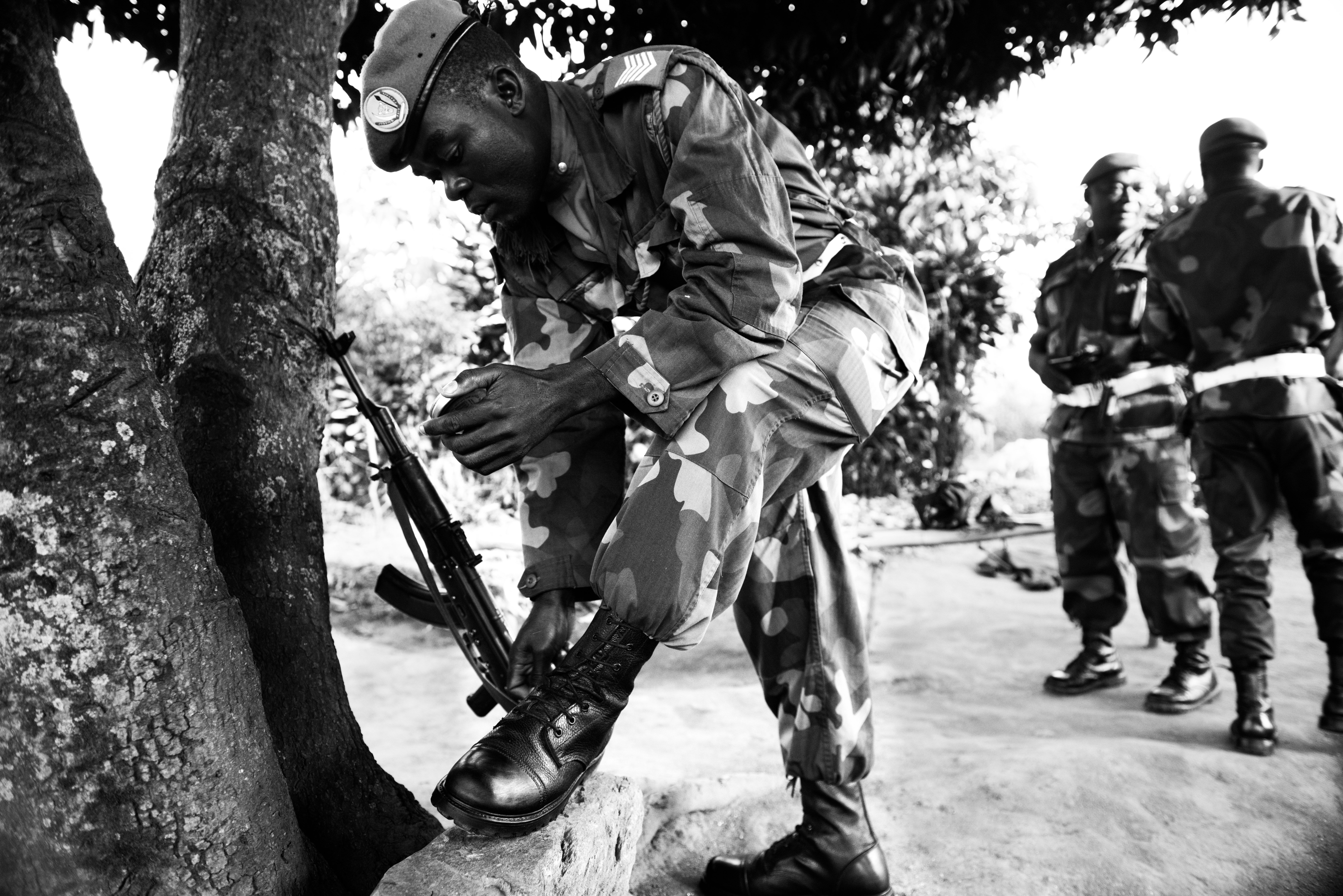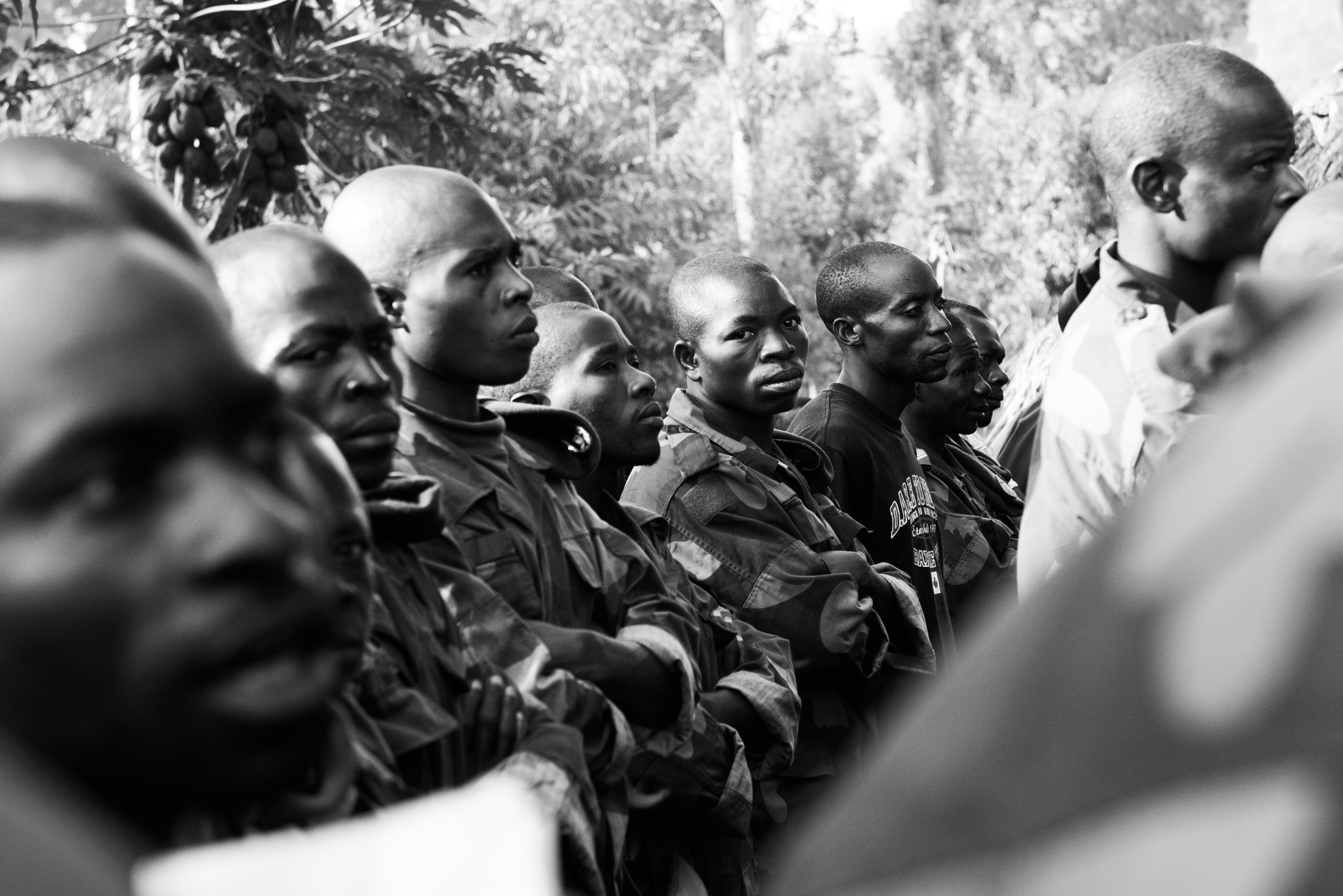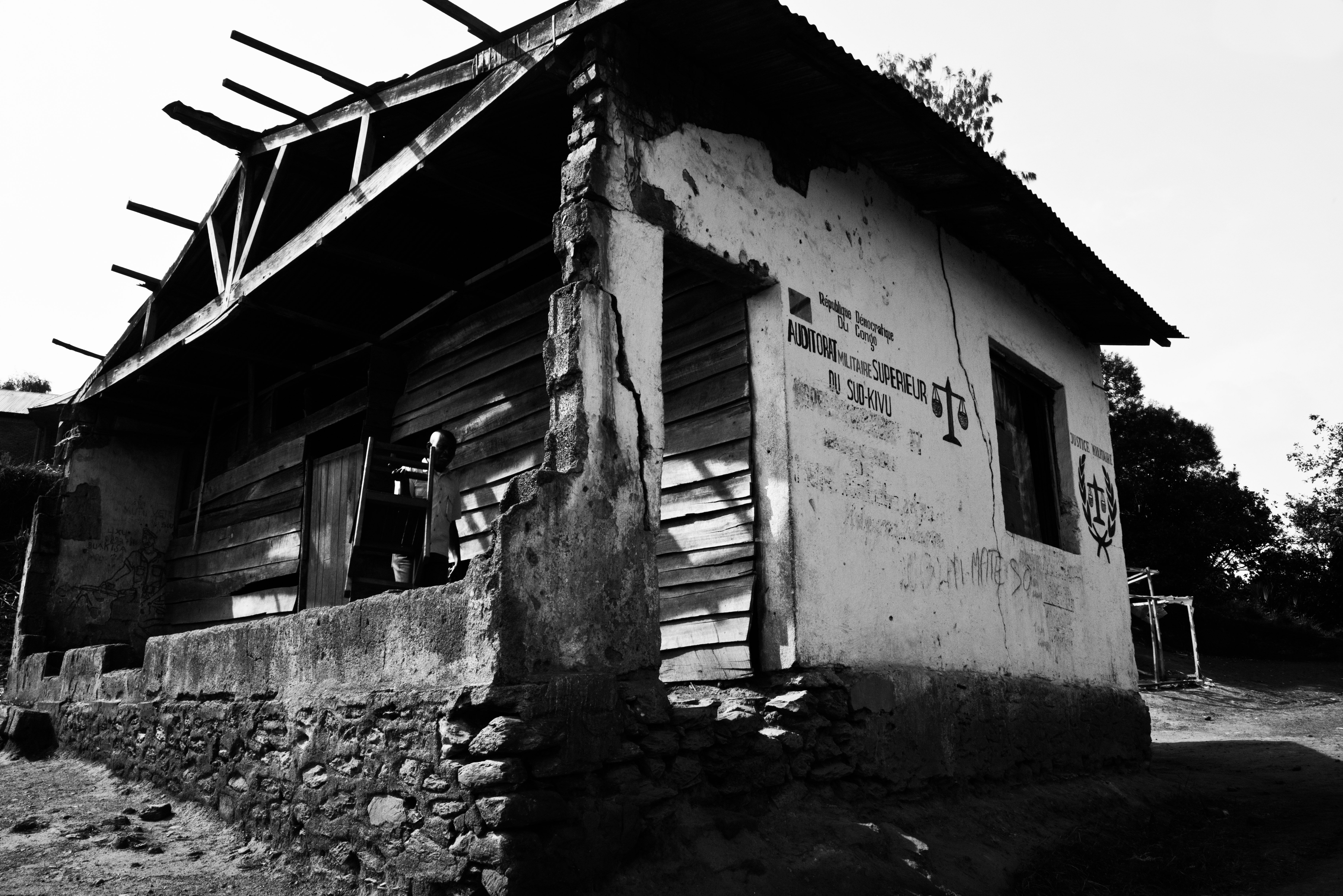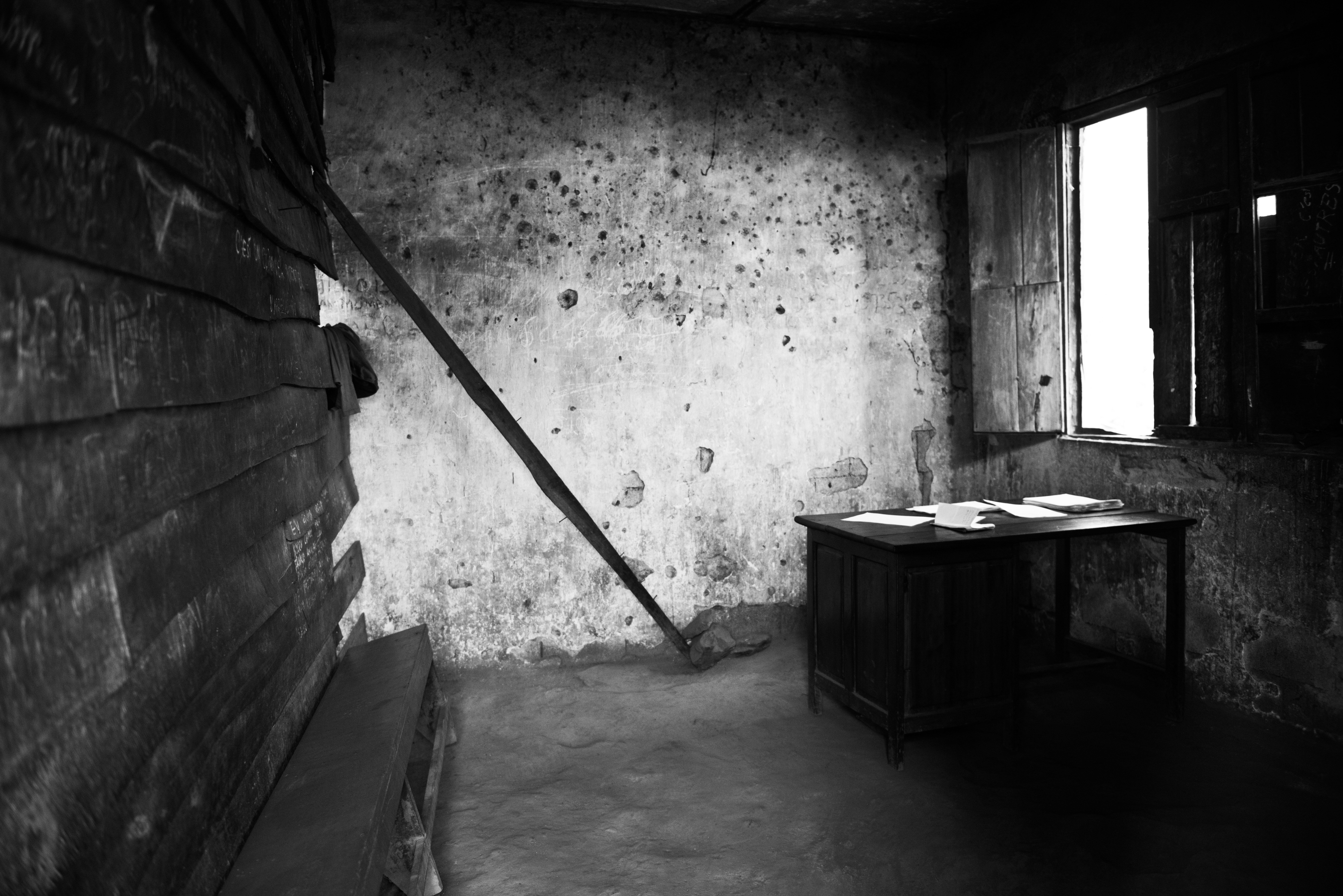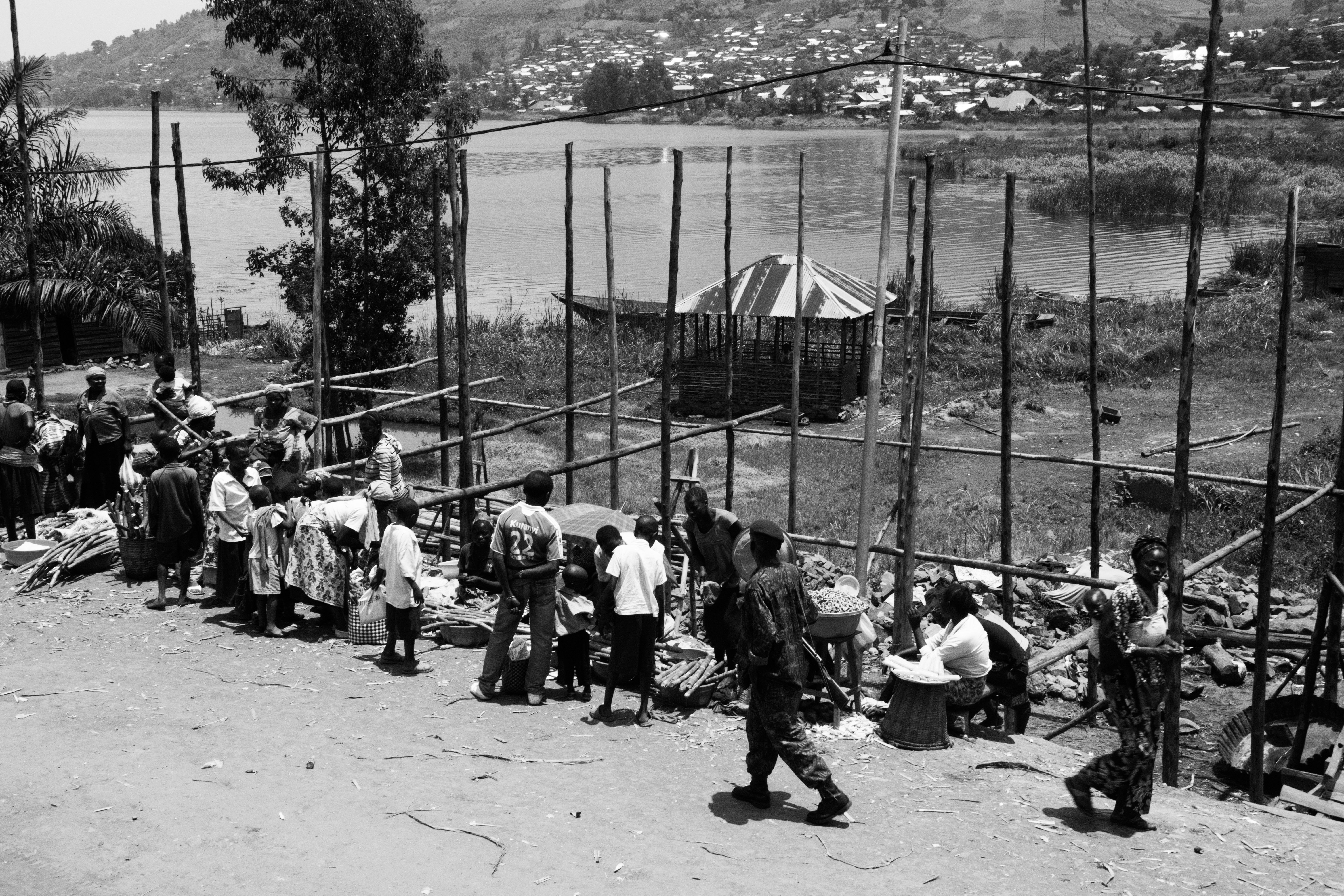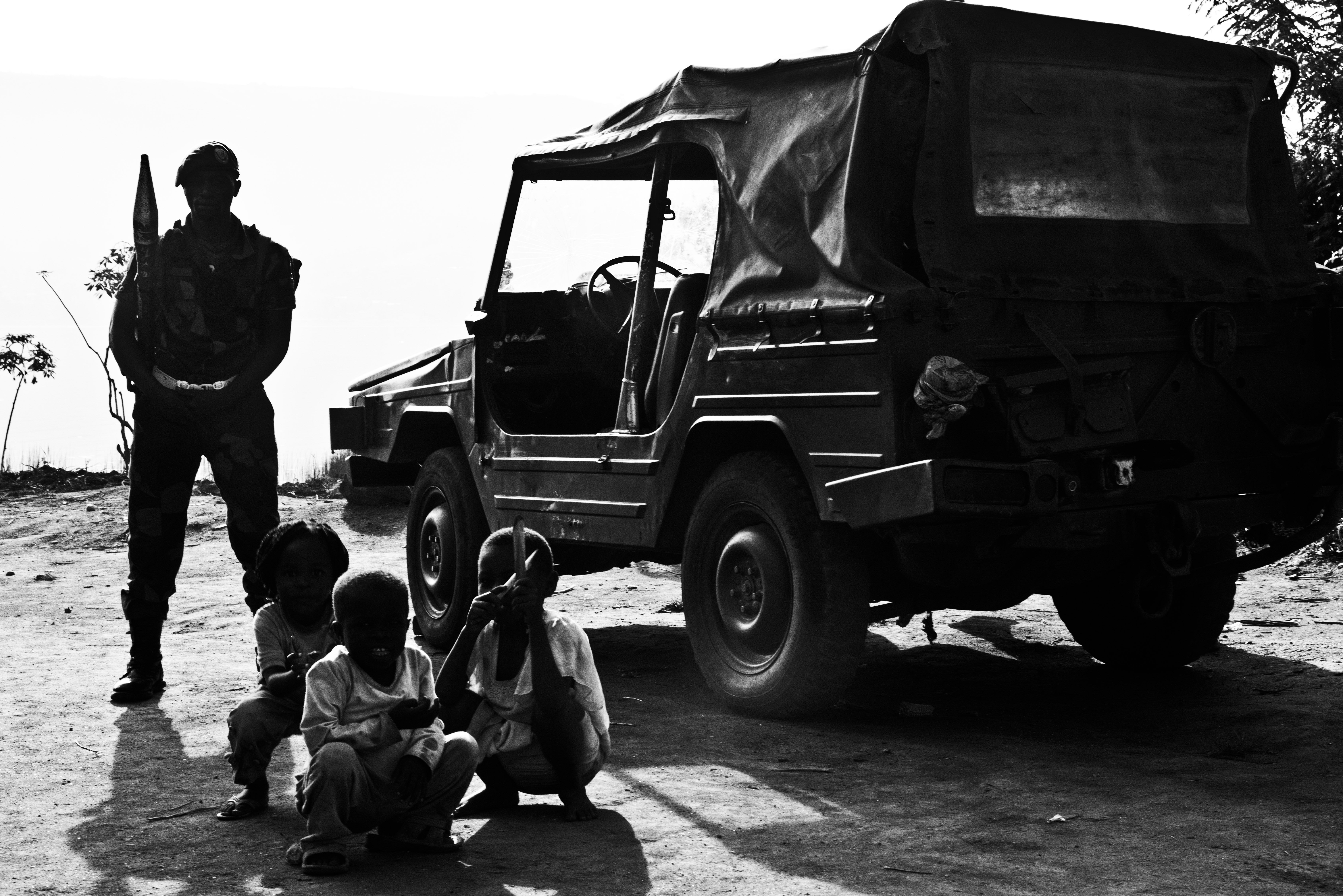Eastern Democratic Republic of Congo has become renowned for rape. Ever since fighting started in the region in 1996, hundreds of thousands of women, children and men have become victims of the most brutal sexual violence. UN Women estimates that at least 200,000 people have been raped since the violence began. The true figure is unknown. I’ve been working in Eastern Congo since 2001. When I first went to report on sexual violence, women told me they expected to be raped – at least once. In the past few years the women I talk to tell me they’ve been raped two, three, even four times by groups of armed men. Many have conceived from the rapes and their girl babies are also raped.
Sadly the survivors of rape are all too easy to find. What’s proved more elusive are the voices of the rapists with an explanation for these crimes. We went to investigate a mass rape that happened last November. There we found some answers from the perpetrators themselves.
“Mateso” is unrepentant. A self-confessed multiple rapist, the young soldier boasts that he’s already raped 53 people, including children as young as 5 years old. He told us, “Raping gives us a lot of pleasure. When we rape, we feel free.” He is one of many government soldiers who went on an uncontrolled rampage in Minova, Eastern Congo, on the night of November 22, 2012. At least 80 women and girls were raped, but some put the figures as high as 200 or more.
Minova is a busy market town nestling on the shores of Lake Kivu in Eastern Congo. Women bring their produce to market, some carry heavy loads to earn a few Congolese francs. A fragile peace in this particular area has allowed farming, and fields of maize and cassava cling to the steep slopes of the mountains. The crops are harvested every 3 or 4 months. It’s largely been spared the years of fighting, which over a decade has meant the deaths of over 5 million people. Minova has even become a sanctuary to survivors of rape.
The night of November 22, 2012 was to break that fragile sense of security once and for all.
It was a Thursday. Thousands of soldiers from the Congolese army limped into town. They were in full retreat. Some were on foot, some in vehicles, on their own or in small groups. Morale was rock bottom. They were humiliated. One soldier told us, “We didn’t have any hopes, it was as if our heads weren’t functioning, we weren’t thinking as human beings anymore.”
They were fleeing from the rebel M23 group, led by the recently surrendered, accused war criminal, Bosco Ntaganda. As the rebels advanced on Goma, the regional capital about 50 kilometers away, orders were given for the Congolese army to leave. It left their home town wide open and the rebel forces marched in, in a disciplined fashion, virtually unchallenged. Hardly a shot was fired. They told us, “We felt betrayed, we’d all been sold down the river; us, the country and the population.”
Two soldiers agreed to tell us what happened next. They don’t want to be identified and gave us pseudonyms.
"Boniface" looks like a middle-aged man. He’s a sergeant with 14 years experience in the Congolese Army. He seems nervous, anxious, eager to please. When they arrived in Minova that night his commanding officer told his men to go and find him a girl. A sixteen year old was brought to him. There was shooting all around, so he ordered his men to surround him for protection. There, in front of them, he raped the girl and then gave the order to them. “Go. Rape women.” Obediently, Boniface obeyed and went with his comrades to find some victims. After the third woman, he had a change of heart. “My conscience told me it was no good, you are the soldier supposed to protect these people. But I was destroying them. That’s when I stopped.”
He looks to us for some kind of positive affirmation. His final thought is revealing. “The problem is we don’t have good commanders. If you help us to change our commanders, so they work to protect the people, we’ll be happy.”
There’s no question that he felt compelled to do it, ordered by his senior officer, who graphically showed his men what was expected of them. But why did it cost the lives of three women – not physically dead, but their mental well-being destroyed – before his conscience stopped him in his tracks? The testimony of the second soldier tells us more.
“Mateso” is only 22 years old. He has no such conscience. He was in a group of 25 men who decided they must rape 10 women each. They didn’t care who their victims were. “There was no distinction between women, young, old or children,” he says. They drank beer, they raped. "We had a lot of pleasure," he says. He is chillingly direct. Mateso has another story, one that reveals what could be at the heart of this epidemic of violence against women and girls. He tell us that he’s been a soldier since he was 8 years old and has been in many militias, even briefly with the M23 rebels last November. He has no allegiances, nor any formal training.
The Congolese government has been following a disastrous policy of integrating militias for over ten years. It’s been an attempt to stop the fighting but has solved little and served only to prolong the agony of the people.
This time, we are told, things may be different. An investigation is underway and evidence is being collected. There may be a trial, if they can find the perpetrators. This may be the beginning of the end to impunity.
